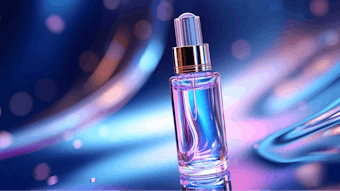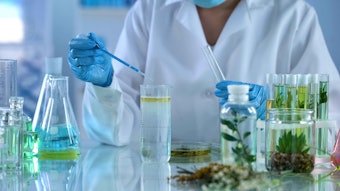Perfume, paint and cosmetics can be manufactured without producing as much toxic waste, according to a report featured by the New Scientist. Petroleum hydrocarbons are oxidized to be made reactive enough to receive the chemical groups responsible for certain properties in order to be useful household chemicals. According to the report, these reactions often rely on heavy metal oxidants such as manganese or chromium compounds, which create toxic waste.
Graham Hutchings and researchers at Cardiff University, UK, reportedly have oxidized liquid cyclo-octene, an alkene used in perfume production, using a catalyst made from gold nanoparticles. When the catalyst was added, some 95 percent of the alkene reacted with oxygen in the air to form the required reactive intermediate for making perfumes and cosmetics. The complete article was featured in Nature, vol 437, p 1132.










